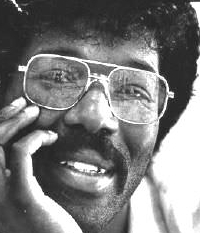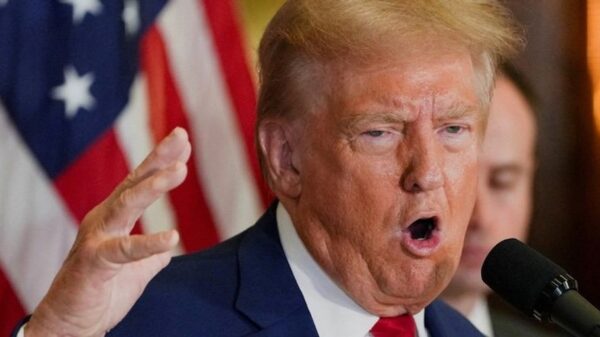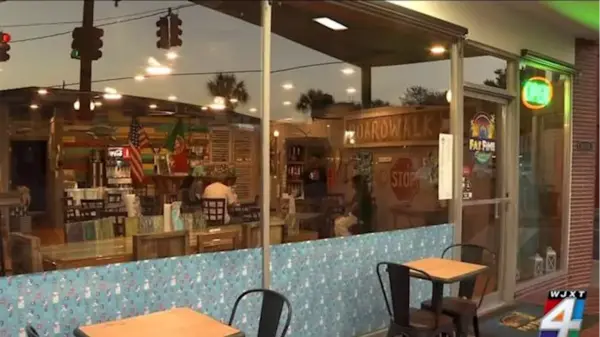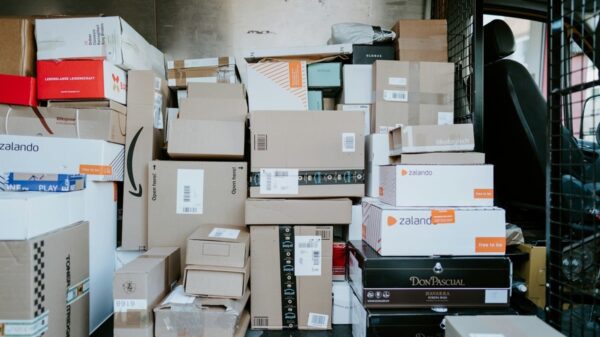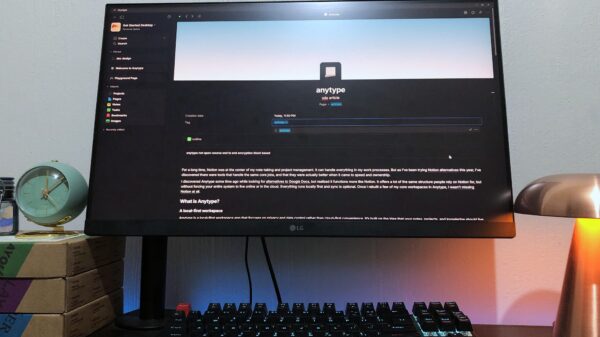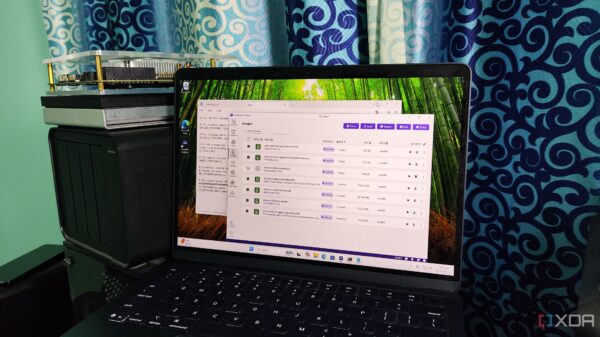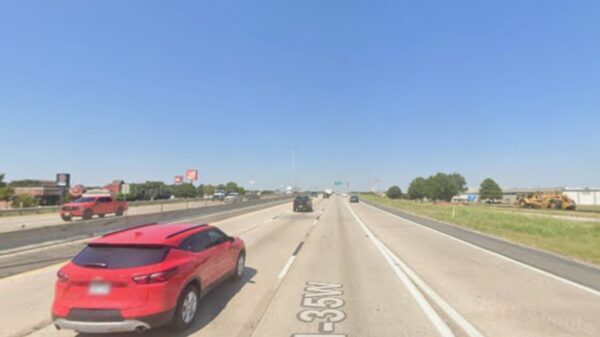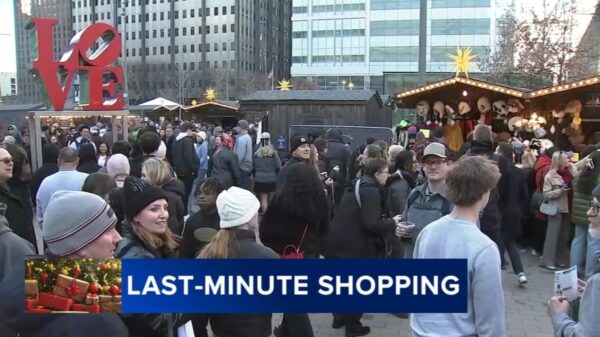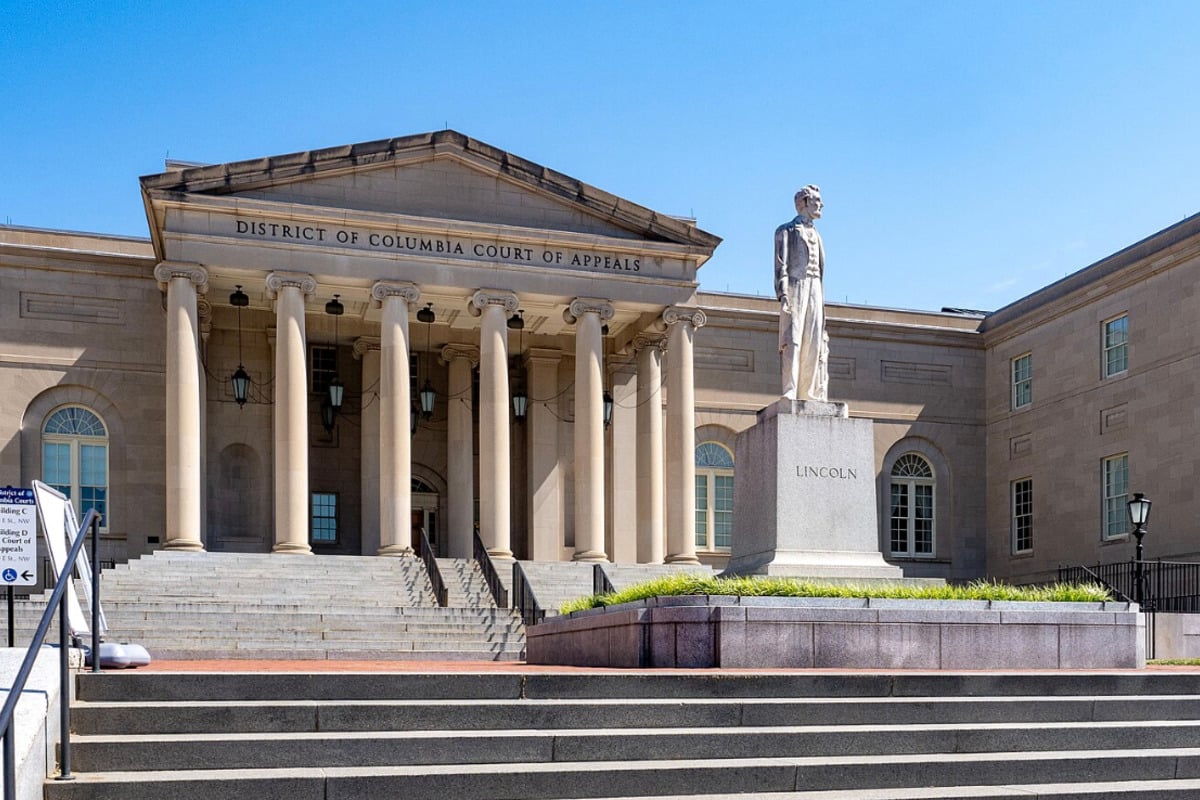New York City has initiated a legal challenge against a new federal regulation that restricts access to commercial driver’s licenses (CDL) for many immigrants, including asylum seekers and other legally present non-citizens. The rule, enforced by the Federal Motor Carrier Safety Administration, threatens to affect the economic livelihood of nearly 200,000 immigrants and may worsen the current shortage of commercial drivers, which is critical for maintaining essential services.
Mayor Eric Adams emphasized the significant contributions of immigrants to the city’s economy, remarking, “Our administration has broken jobs record after jobs record because we were focused on delivering an inclusive economy that works for everyone.” His remarks were made during an announcement by the NYC Mayor’s Office regarding the legal action.
Legal Opposition to Federal Rule
The city’s opposition took form through an amicus brief, filed alongside a coalition of other cities and a county. This coalition includes San Francisco, Cambridge, Albany, and Montgomery County. The brief supports a motion to stay the federal rule, arguing that it unfairly burdens local governments by intensifying driver shortages that impact public transportation and, subsequently, public safety.
The brief also contends that the U.S. Department of Transportation failed to provide adequate justification for bypassing the typical notice and comment period required for such regulations. According to Muriel Goode-Trufant, the New York City Corporation Counsel, the evidence supporting the federal rule is “arbitrary and capricious in violation of the Administrative Procedure Act.”
“This unlawful federal rule not only inflicts needless hardship upon hundreds of thousands of immigrants who are in the country legally trying to build better lives for themselves and their families, it also harms the broader public and should not stand,” Goode-Trufant asserted.
Impact of the Regulation
The amicus brief, prepared by organizations such as the Public Rights Project and Democracy Forward, highlights alarming trends in public transportation. In 2022, a remarkable 94 percent of transit agencies reported significant difficulties in filling bus operator positions. The new regulation further complicates this issue by limiting CDL eligibility to a narrow group of visa holders, undermining the reliance of local governments on immigrant drivers for essential roadway safety functions.
This legal challenge aims to overturn an interim final rule implemented in September 2025, which restricts non-domiciled CDL eligibility. The rule cited incidents involving five non-citizen drivers in accidents as a basis for its enforcement. However, petitioners argue that this justification is weak and that citizenship status should not be equated with driving ability or road safety.
Moreover, the coalition contends that the financial implications of hiring and training new drivers will disproportionately impact local governments, which are already facing budget constraints. The challenge reflects a broader concern about economic inclusivity and the essential roles that immigrants play in various sectors, particularly in addressing the ongoing driver shortage.
As this legal battle unfolds, the implications of the federal rule could resonate through both local economies and public safety, making the outcome crucial for New York City and similar jurisdictions across the country.












